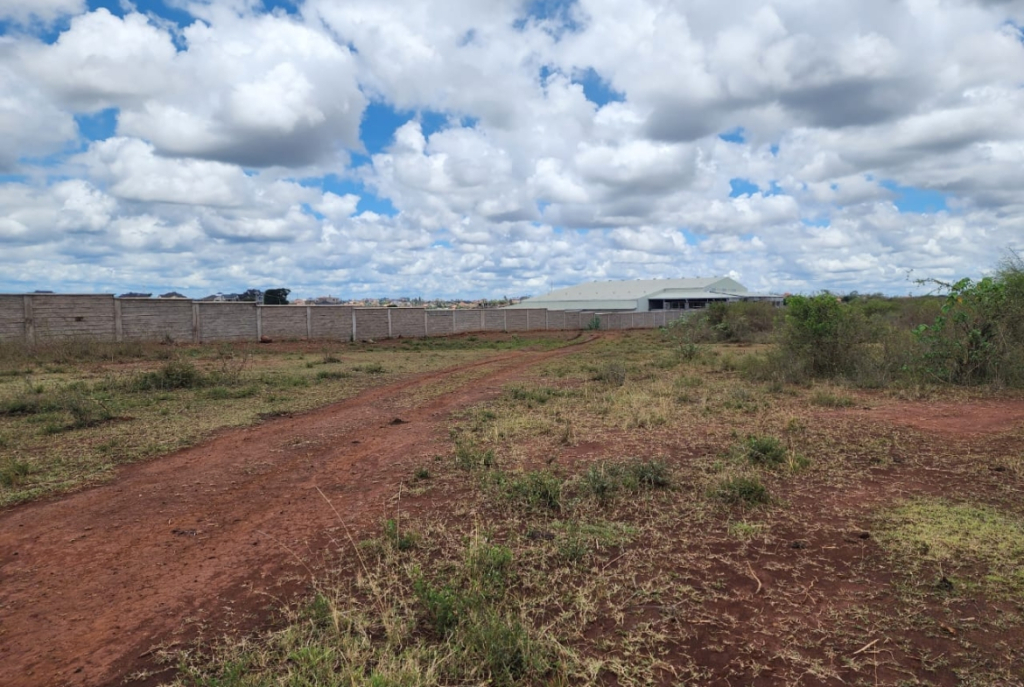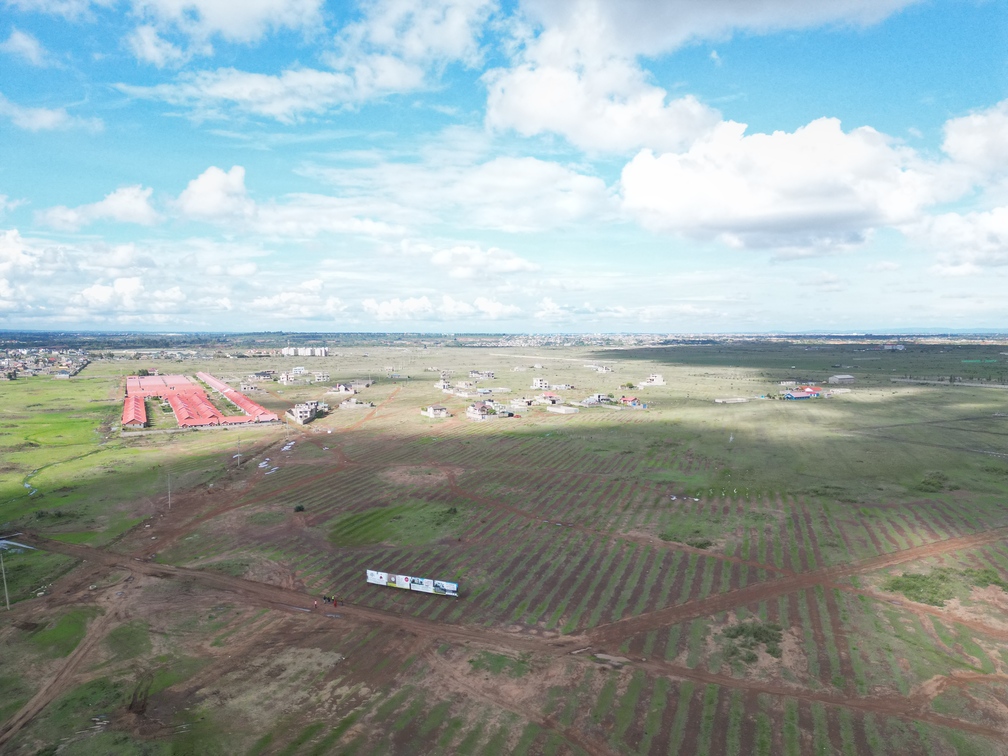In Kenya’s fast-evolving real estate landscape, many homeowners are exploring creative ways to grow their property portfolios without starting from scratch financially. One increasingly popular strategy is financing land using home equity—leveraging the value built up in your existing urban home to purchase promising plots in satellite towns like Joska, Kitengela, or Kamulu. But is this a smart move or a risky gamble? In this article, we unpack the opportunities and pitfalls of converting home equity into land ownership, with a close look at what Kenyan homeowners need to weigh before diving in.
Consider Buying This Piece of Land: Juja 50 by 100 land for sale
What is Home Equity—and How Can You Use It?
Home equity is the difference between your home’s current market value and any outstanding mortgage or loan balance. For example, if your house in Syokimau is worth KSh 10 million and you still owe KSh 3 million on your mortgage, your equity stands at KSh 7 million.
Banks in Kenya allow homeowners to tap into this equity—through equity release loans or mortgage refinancing—effectively converting built-up value into ready capital. Financing land using home equity involves borrowing against this capital to purchase undeveloped plots, often in fast-growing fringe locations.
Consider Buying This Piece Land: Mangu 50×100 land for sale
Why Satellite Towns Attract Equity Investors
Locations like Kitengela, Joska, Kangundo Road, and Kamulu have become hotspots due to their lower land prices, expanding infrastructure, and rising demand for housing. For Nairobi homeowners priced out of premium locations or uninterested in selling, redirecting equity into land in these satellite zones appears like a calculated, long-term investment.
What makes these areas attractive?
- Affordability: KSh 500,000 to KSh 2 million can secure a plot.
- Speculative growth: Prices in some parts of Joska have appreciated by over 30% in five years.
- Accessibility: Upgraded roads, bypasses, and SGR links have cut travel time significantly.
- Future development: New schools, hospitals, and malls make these areas livable and investible.
Risks to Consider Before Leveraging Equity
While the math may look promising, using your urban home to secure another asset isn’t without risks:
1. Overvaluation
Home equity calculations depend on accurate property valuation. If your home is overvalued, you may borrow more than you should, leading to higher financial strain.
2. Illiquidity
Land in satellite towns often takes longer to resell or develop. You may tie up capital for years without returns, unlike rental property.
3. Repayment Pressure
Your loan repayments don’t pause just because the land is sitting idle. If your income takes a hit, your primary residence could be at risk.
4. Title and Legal Issues
Many fringe lands come with murky titles or unclear zoning. Conduct a thorough due diligence before buying with borrowed money.
When Does It Make Sense?
Financing land using home equity makes more sense if:
- You’ve built up at least 40–50% equity in your current home.
- The land purchase is part of a clear strategy—building rental units, subdivision resale, or building a retirement home.
- You’ve verified the plot has clean title, is accessible, and is in a high-growth zone.
- Your monthly income comfortably covers the new loan’s repayments.
Homeowners who treat equity as a strategic tool rather than a cash-out shortcut are best placed to benefit. For instance, a couple living in a fully paid-off home in Donholm may unlock KSh 3 million in equity to acquire three 50×100 plots in Kamulu—one for future homebuilding and two for eventual resale.
What Are the Alternatives?
If you’re not sure about using your home equity, consider:
- Sacco land-buying schemes with friendlier terms
- Land cooperatives with installment-based plans
- Joint investment ventures that reduce upfront capital requirements
These reduce the personal risk tied to your home while still giving you access to promising land deals.
While financing land using home equity can be a powerful tool to diversify your real estate holdings or secure a future home site, it’s not a one-size-fits-all strategy. The key lies in understanding your borrowing limits, assessing the long-term value of the satellite land you intend to buy, and ensuring the returns justify the risk. For Kenyan homeowners looking to grow wealth without liquidating assets, this route can offer both convenience and potential—if approached with caution, research, and a solid financial plan.






